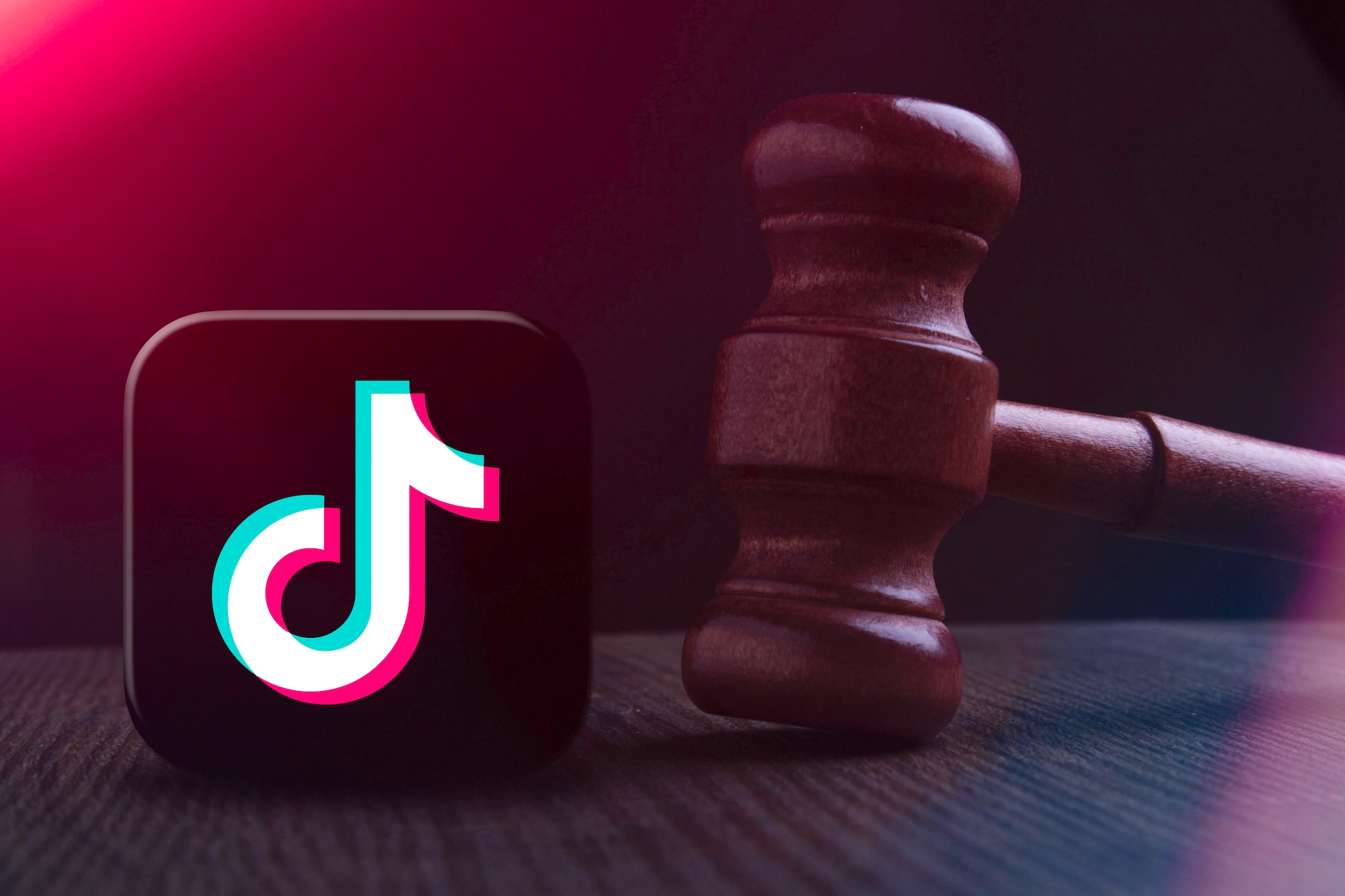
TikTok CEO Shou Chew will testify in a hearing before the U.S. House Committee on Energy and Commerce this Thursday, March 23, at 10:00 a.m. ET.
As CEO, Chew is responsible for TikTok’s business operations and strategic decisions.
The “TikTok: How Congress Can Safeguard American Data Privacy and Protect Children from Online Harms” hearing will be streamed live on the Energy and Commerce Committee’s website.
According to written testimony submitted by Chew, the hearing will focus on TikTok’s alleged commitment to transparency, teen safety, consumer privacy, and data security.
It also appears to broach the topic of misconceptions about the platform, such as its connection to the Chinese government through its parent company, ByteDance.
Chew shared a special message with TikTok yesterday from Washington, D.C., to thank 150 million users, five million businesses, and 7,000 employees in the U.S. for helping build the TikTok community.
@tiktokOur CEO, Shou Chew, shares a special message on behalf of the entire TikTok team to thank our community of 150 million Americans ahead of his congressional hearing later this week.♬ original sound – TikTok
The video has received over 85k comments from users, many describing how TikTok has allowed them to interact with people worldwide and find unbiased news, new perspectives, educational content, inspiration, and joy.
TikTok Updates Guidelines And Offers More Educational Content
TikTok has been making significant changes to its platform to address many of these concerns before this hearing to evade a total U.S. ban on the platform.
Below is an overview of some efforts by TikTok to rehab its perception before the hearing.
Updated Community Guidelines – TikTok updated community guidelines and shared its Community Principles to demonstrate commitment to keeping the platform safe and inclusive for all users.
For You Feed Refresh – TikTok recommends content to users based on their engagement with content and creators. For users who feel that recommendations no longer align with their interests, TikTok introduced the ability to refresh the For You Page, allowing them to receive fresh recommendations as if they started a new account.
STEM Feed – To improve the quality of educational content on TikTok, it will introduce a STEM feed for content focused on Science, Technology, Engineering, and Mathematics. Unlike the content that appears when users search the #STEM hashtag, TikTok says that Common Sense Networks and Poynter will review STEM feed content to ensure it is safe for younger audiences and factually accurate.
This could make it more like the version of TikTok in China – Douyin – that promotes educational content to younger audiences over entertaining content.
Series Monetization – To encourage creators to create in-depth, informative content, TikTok introduced a new monetization program for Series content. Series allows creators to earn income by putting up to 80 videos with up to 20 minutes in length, each behind a paywall.
More Congressional Efforts To Restrict TikTok
The TikTok hearing tomorrow isn’t the only Congressional effort to limit or ban technologies like TikTok.
Earlier this month, Sen. Mark Warner (D-VA) introduced the RESTRICT Act (Restricting the Emergence of Security Threats that Risk Information and Communications Technology), which would create a formal process for the government to review and mitigate risks of technology originating in countries like China, Cuba, Iran, North Korea, Russia, and Venezuela.
Warner released the following statement about tomorrow’s hearing.
“While I appreciate Mr. Chew’s willingness to answer questions before Congress, TikTok’s lack of transparency, repeated obfuscations, and misstatements of fact have severely undermined the credibility of any statements by TikTok employees, including Mr. Chew. Congress needs to give the administration the tools to review and mitigate the harms posed by foreign technology products that come from adversarial nations. I’m proud to say that 20 senators have already signed on to the RESTRICT Act, our bipartisan legislation that would do just that.”
Organizations like the Tech Oversight Project have pointed out that Congress should look beyond TikTok and investigate similar risks to national security and younger audiences posed by other Big Tech platforms like Amazon, Apple, Google, and Meta.
We will follow tomorrow’s hearing closely – be sure to come back for our coverage to determine how this will affect users and predict what will happen next.
Featured Image: Alex Verrone/Shutterstock
